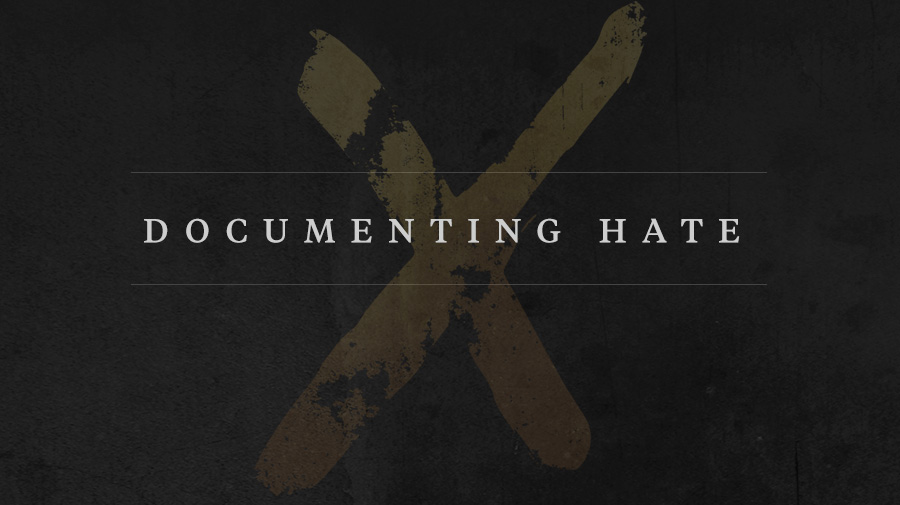ProPublica has launched Documenting Hate, a coalition of news organizations, student journalists and volunteers, working together to create a database of reported hate crimes and incidents of prejudice in the United States for one year.
First Draft is a member of the coalition and is responsible for training students and volunteers in techniques for verifying reports posted on social media. People are describing instances of verbal or physical abuse in tweets, Facebook messages and YouTube videos, or providing visual evidence of intimidating graffiti, posters or flyers. The trained student journalists and volunteers will verify each report before adding them to the database
Documenting Hate is the second US-wide reporting initiative ProPublica has led. First Draft partnered with ProPublica on its first such project, Electionland, which tracked and reported on voting problems during the 2016 US election with a 600-member newsgathering operation.
Journalists at ProPublica recognized a need for the project as there is currently no single group responsible for collecting and making sense of reports of hate crimes nationally.
“The need for real data has never been more acute,” said Scott Klein, ProPublica Deputy Managing Editor. “Experts who have studied hate for decades tell us they’ve noticed an uptick in hate crimes since the presidential election, and what data there is has confirmed those hunches.”
Klein believes that data analysis, social media newsgathering, and ambitious investigative storytelling will help policymakers and law enforcement understand the problem and make it difficult for them to ignore.
Participation in the project is sought from victims of hate crimes themselves, as well as anyone who witnesses an incident, and details can be shared via this private form. All identities will be protected. Authenticated reports will be catalogued in the Documenting Hate database, which will be made available, with privacy and security restrictions, to civil-rights groups and journalists across the country. Reporters at local news outlets in the US can sign up to receive data and story leads.
Documenting Hate has a website, Facebook page and Twitter handle. First Draft will report our involvement and findings as the year progresses on our website and social media.



